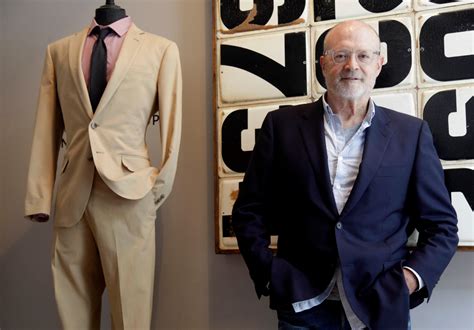A Quote by Beth Comstock
Business model innovation is constant in this economy. You start with a vision of a platform. For a while, you think there's a line of sight, and then it's gone. There's suddenly a new angle.
Related Quotes
Generally, the technology that enables disruption is developed in the companies that are the practitioners of the original technology. That's where the understanding of the technology first comes together. They usually can't commercialize the technology because they have to couple it with the business model innovation, and because they tend to try to take all of their technologies to market through their original business model, somebody else just picks up the technology and changes the world through the business model innovation.
To fix the business, to bring it back to health, you must assimilate enough of the disruptive innovation to modernize the operating model without jettisoning your business model. This typically requires new leaders and definitely requires new (if temporary) rules. The CEO is the only person who can dictate the correct terms in a timely manner and maintain the enterprise's commitment to those terms for the duration of the rehabilitation effort.
**New business concepts are always, always the product of lucky foresight.** That's right - the essential insight doesn't come out of any dirigiste planning process; it comes form some cocktail of happenstance, desire, curiosity, ambition and need. But at the end of the day, there has to be a degree of foresight -- a sense of where new riches lie. So radical innovation is always one part fortuity and one part clearheaded vision. [first-line bold by author] [2002] p.23
Today it's fashionable to talk about the New Economy, or the Information Economy, or the Knowledge Economy. But when I think about the imperatives of this market, I view today's economy as the Value Economy. Adding value has become more than just a sound business principle; it is both the common denominator and the competitive edge.































